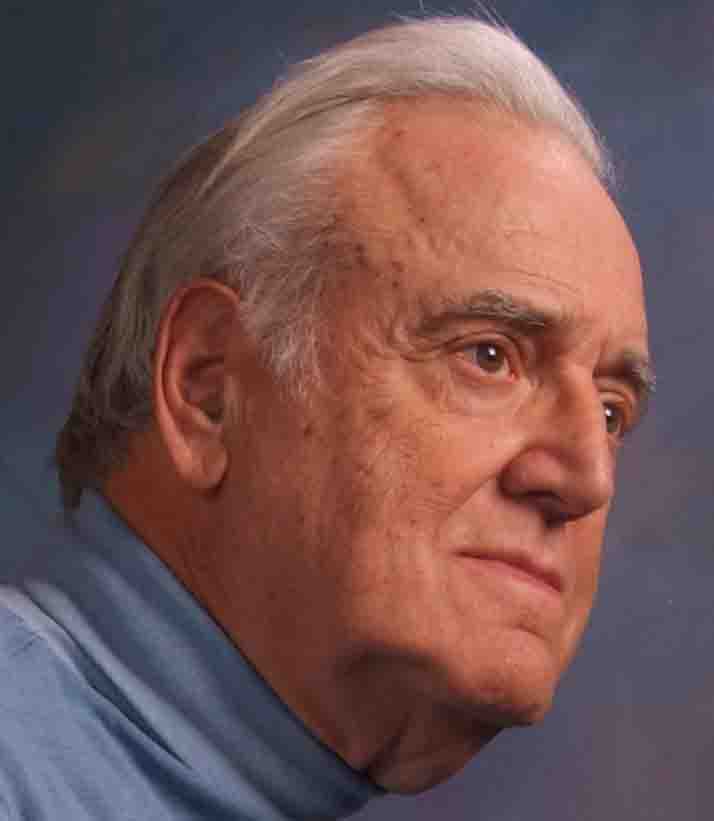According to a Newsweek Poll, 91% replied to this question in the affirmative.
But did any of the thousand individuals polled pause to ask: “Just what do you mean by ‘God’?”
To the approximately half of Americans who believe in the God of the Old Testament who created the world in six days, who wrestled with Jacob, who spoke to Moses in the burning bush, who stopped the sun in the sky to assist Joshua’s destruction of Jericho, and who ordered the genocidal obliteration of entire cities, the answer to the title question is a clear and unambiguous “yes.” However, as I will discuss shortly, those who additionally describe their God with “Omnis” (omnipotent, omniscient, omnibenevolent and omnipresent), may have a problem.
Given the extraordinary political influence of fundamentalist, literal Bible-believing, science-rejecting Christians, some of whom seek to replace the Constitution with a Bible-based theocracy, it might well be worth our while to explore just what it might mean for someone of those 91% percent to affirm a belief in God.
For many significant individuals in history along with many thoughtful individuals today, no simple answer can be given to the question, “Do You Believe in God?.”
For Aristotle, “God” is the Prime Mover: the ultimate unmoved source of all motion, which is to say, all activity. Aristotle’s God is “pure act:” nothing “happens” to God, but God acts, eventually, on all things. While this God is said by Aristotle to “think” (but thinking only of the object worthy of God's thought, namely itself), “He” is in no other sense a “person.”
To Baruch Spinoza, the 17th Century Dutch-Jewish philosopher, God is the totality of rational possibility, which means, identical with all of nature (pantheism). This is a concept of God totally alien to the Abrahamic religions – Judiasm, Christianity and Islam – a God that is not personal, conscious, or benevolent. Some called Spinoza, “God Intoxicated.” Others called him “that hideous atheist.” Which was he? That depends upon what you mean by “God.”
Finally, what is one to make of Einstein’s “God.” While totally rejecting the personal God of the Bible and conventional religion, Einstein affirmed that his religion
... consists of a humble admiration of the illimitable superior spirit who reveals himself in the slight details we are able to perceive with our frail and feeble minds. That deeply emotional conviction of the presence of a superior reasoning power, which is revealed in the incomprehensible universe, forms my idea of God.
Aristotle, Spinoza and Einstein all claimed to believe in God. Did they really? What say you?
These concepts of God, among many others, point to a fundamental rift in Western religions and in Christianity in particular. In historical Christianity, there are, in a sense, two competing and mutually exclusive Deities: the Absolute God of the philosophers and theologians, and the personal “Heavenly Father” of the ordinary churchgoer. The former derives from ancient metaphysics (primarily Greek), and the other from the tribal religion of the early Hebrews evolving into the religion of the Jews of Roman Palestine, among them Jesus of Nazareth.
Simply put, most Christians fail to consider seriously the implications of omnipotence, omniscience, omnipresence and omnibenevolence. When one does, what results is a credo such as the Westminster Confession of Faith of 1647:
There is but one only living and true God, who is infinite in being and perfection, a most pure sprit, invisible, without body, parts, or passions, immutable, immense, eternal, incomprehensible, almighty, most wise, most holy, most free, most absolute... Nothing is to him contingent or uncertain.
Early Christian theologians such as St. Augustine and St. Thomas Aquinas took these “Omnis” very seriously.
For both Augustine and Aquinas, God exists “outside” of time and space (i.e., He is “supernatural”), encompassing both completely. This means not only that is God everywhere at once (omnipresent), He is also “everywhen.” All worldly time – past, present and future – is of a single “eternal present” to the omniscient mind of God. To employ an imperfect analogy, God is like the Pythagorean Theorem: “outside” of any particular time or place, but equally true at all times and in all places. (As St. Augustine was fully aware, God’s “eternal present” raises enormous problems regarding human free will and moral responsibility, which we will bypass here).
Qua “infinite in being and perfection,” God is immutable. Because nothing changes Him, nothing affects Him. He is, in philosophical jargon, “Pure Act,” which means that, being immutable, He does not respond. Accordingly, one does not bargain with or beseech God. Prayers and rituals are in vain, if they are expected to “persuade” or in any way initiate a response from the Almighty.
(Note: You can view every article as one long page if you sign up as an Advocate Member, or higher).





